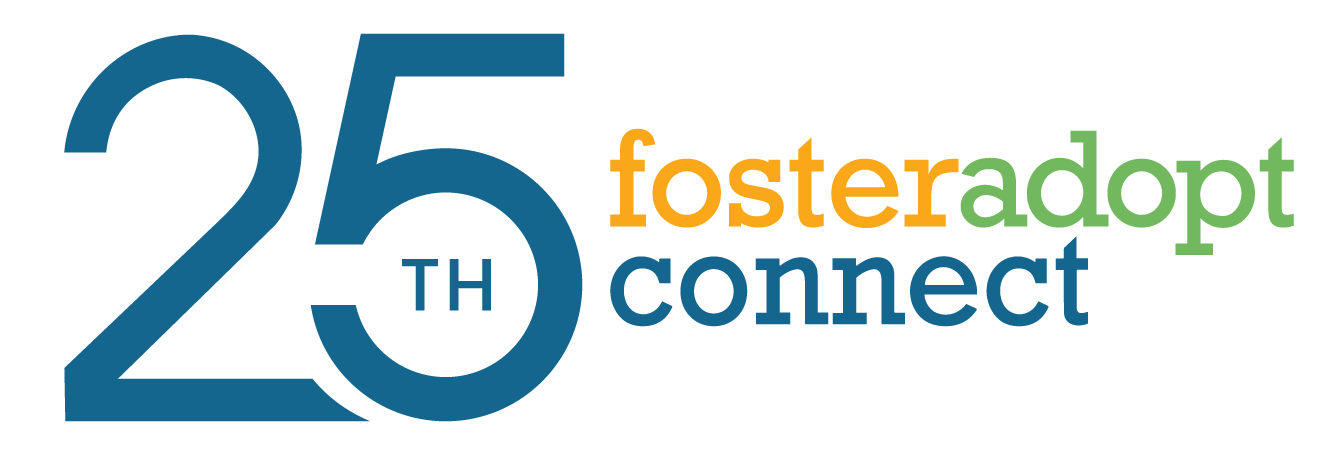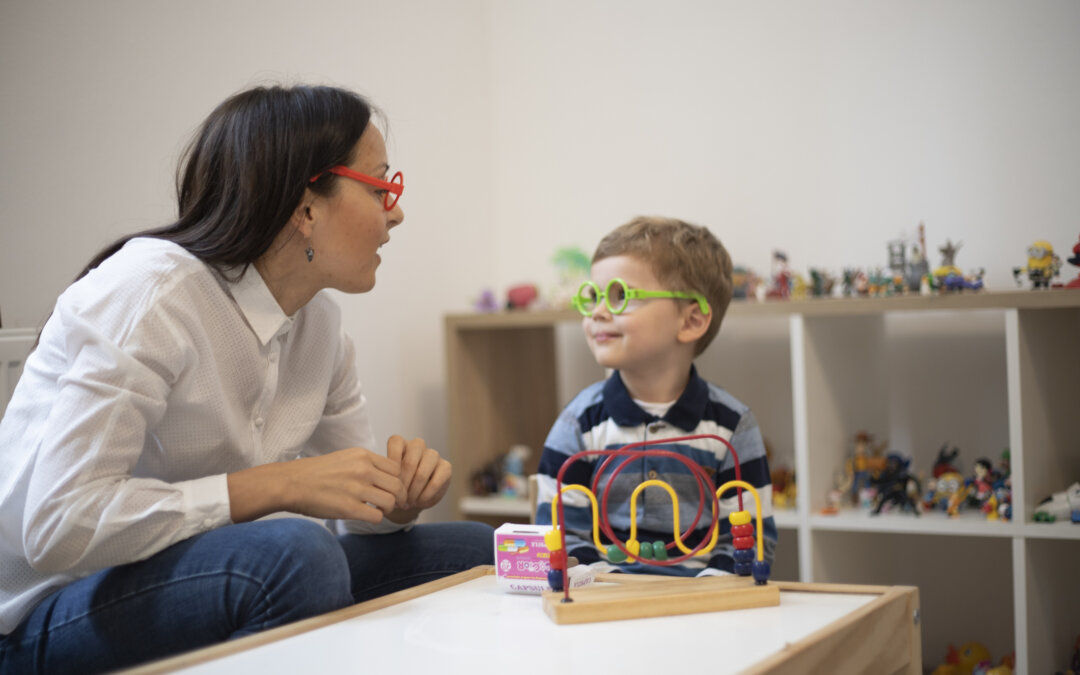One of FosterAdopt Connect’s commitments is to constantly look for gaps in the child welfare system and figure out ways to fill them. One of the biggest challenges for the kids and families we serve is mental and behavioral health, but the resources, we found, were inadequate to meet the demand. In 2022, FosterAdopt Connect launched its own Clinical Services program. Let’s take a look at what led up to that decision, and why our program is uniquely positioned to fill this need.
A GAP IN CRUCIAL SERVICES
We serve hundreds of youth every year who are either currently in or who have been adopted from foster care. Youth who have been removed from their homes, regardless of the reason, carry some level of trauma. Many have experienced abuse, neglect, or chronic trauma from being in an unstable environment or involvement in the child welfare system.
Added to this, many of the youth served by our programs experience multiple placements in psychiatric hospitals, residential care centers, and/or foster homes before aging out of the system entirely. These youth experience negative mental/behavioral health outcomes at a far greater rate than the general population.
Oftentimes, those who have experienced the most severe trauma in the child welfare system do not have access to clinicians with certifications in trauma-specific, evidence-based practices, due to the cost of the training, as well as the high turnover rates of clinicians Wait lists can also be prohibitively long to see specialized therapists—time that children and families experiencing severe mental or behavioral difficulties can’t afford to waste.
We believe that all of this needs to change, and we believe that the change needs to start with us!
INTRODUCING OUR CLINICAL PROGRAM
To build better outcomes for our kids, FAC developed a Clinical Services program to enhance our capacity to provide therapy through our existing programs, or as a component of our services to foster and adoptive families in the Kansas City and Springfield areas.
The Clinical Services program provides intensive therapeutic services to FAC children and families referred by other FAC programs or local providers who have the most complex mental health needs and trauma histories, providing a greater number of hours of service than is typically available through traditional therapy services.
Our program is designed to keep caseloads small, so that our licensed clinicians can meet the needs of the youth, providing more than a typical one hour a week of therapy. The frequency and intensity of therapy services provided are determined by several evidence-based assessments and the needs of the youth/family.
“If more than one hour of therapy is needed per week, our clinicians can provide a combination of in-office, in-home, individual, and family therapy to more quickly facilitate healing,” says Molly Ticknor, President of Clinical Services. “Our services are not driven by billable hours, but rather, the needs of those we serve!”
WHY TRAUMA NEEDS TO BE SPECIALLY TREATED
We know based on decades of research and the work of Dr. Vicent Felitti, Dr. Bruce Perry, and dozens of other researchers, trauma lives in our bodies and changes the structure of our brains. This ultimately impacts how we develop as a child, learn, interact with the world, cope with stress, and form healthy attachments with others. Childhood/developmental trauma resides in the part of our brains that control our feelings, ability to regulate emotions, and other sensory-based skills. Therefore, therapeutic interventions must be brain- and sensory-based to truly address traumatic memories and rewire the brain.
“The brains of many of our kids are unable to think rationally or process information clearly, and this is where traditional talk therapy and psychoanalytical therapy approaches have their limitations,” Ticknor says. “Trauma is not stored within the pre-frontal cortex region of our brains, where verbal information and cognitive functioning are processed. Our job as trauma-informed therapists, beginning at our first meeting, is to be attuned to their trauma, being curious about the child and what they say, but more importantly what they do not say.”
WHAT SETS OUR PROGRAM APART?
Our Clinical Services program consists of an interdisciplinary team of qualified licensed clinicians, all dedicated to promoting youth and family wellness and success. FAC clinicians have certifications and training in multiple trauma-specific, evidenced-based therapeutic modalities. That list includes:
- EMDR (Eye Movement Desensitization & Reprocessing)
- Neurofeedback
- NMT (Neurosequential Model of Therapeutics)
- Trauma-Focused Cognitive Behavioral Therapy (TFCBT)
- CPI (Crisis Prevention Intervention)
- Play Therapy
- Art Therapy
- Mental Health First Aid
Our clinicians put together treatment plans that are specifically tailored to address the trauma of each youth, drawing on their collective strengths to administer care and help their brains rewire and become healthy. We leverage the strengths of the family and make decisions based on need, that are also youth and family-focused.
THE PATH FORWARD
Though we couldn’t be more excited about the launch of our Clinical Services program, this is just the beginning! We are already hard at work training our therapists in additional trauma-focused treatment certifications to better serve our youth. We recently added a part-time PhD-level Clinical Psychologist, who will provide psychological testing to current clinical services clients.
Children deserve to be safe, healthy, and equipped to handle their world. Our Clinical Service Program is just one new way that we are seeking to meet kids who have experienced trauma where they are and help them get to where they were always meant to be.

